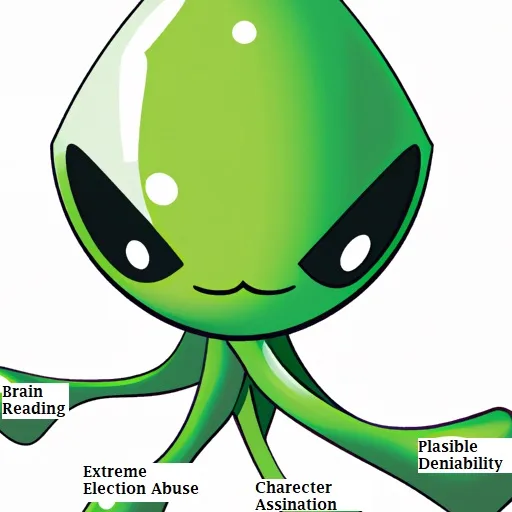Fictional stories have taken a dark turn, with authors delving into themes of abuse that not only leave readers emotionally scarred but also reflect disturbing real-life events. These narratives force us to relive and excessively ponder on the horrors of military rape and psychological warfare tactics, often employing gender switches for mere entertainment. While this may seem acceptable at a broad societal level, it becomes perplexing and laden with gender politics when examined on an individual scale.
Reading should primarily be a pleasurable experience, allowing us to escape into worlds of imagination. However, as a minor lacking the power dynamics and technological equality, authors often portray male characters enduring unfair circumstances through a micro lens, transforming them into girls for the purposes of fictional, educational, and entertainment endeavors. Nevertheless, it is crucial for individuals to make decisions based on their unique microeconomic situations, navigating the challenges they face.
Moreover, these narratives don’t shy away from targeting the very fabric of our lives by attacking our loved ones. Personal experiences of losing family members, like mothers, sisters, grandmothers, uncles, and step-aunts, at highly inappropriate times, raise suspicions of political motives behind these untimely deaths. Such occurrences demand a closer examination of the societal implications and the potential harm caused by the convergence of fiction and reality.
The disturbing trend of statutory abuse in fictional stories is a serious issue that needs to be addressed. These stories often normalize and trivialize abuse, making it seem like it is something that is normal and acceptable. This can have a negative impact on readers, especially young people, who may be more impressionable.
The movie Stigmata is a good example of a fictional story that deals with statutory abuse. In the movie, a young woman named Frankie Page begins to experience the stigmata, the wounds that Jesus Christ suffered on the cross. The Vatican sends a priest, Father Andrew Kiernan, to investigate Frankie’s case. Father Kiernan soon discovers that Frankie is being possessed by a spirit that is trying to spread the message of Jesus Christ.
While the movie does not explicitly depict any sexual abuse, it does hint at the possibility that Frankie may have been abused as a child. This is evident in the way that Frankie reacts to Father Kiernan’s attempts to help her. She is initially resistant and scared, and she only opens up to him after he has gained her trust.

The movie Stigmata is a good example of how fictional stories can be used to raise awareness about important issues like statutory abuse. However, it is important to note that these stories should not be used to glorify or normalize abuse. Instead, they should be used to educate people about the dangers of abuse and to help victims of abuse find support.
Furthermore, several books and movies, such as “The Girl on the Train,” “Gone Girl” (2012), “The Girl with the Dragon Tattoo,” “Kill Bill,” “Hard Candy,” “Hostel,” “Bayonetta,” “Final Fantasy 13,” and “Compliance,” have female characters who go through similar events to what I have experienced. These stories often incorporate soap opera and political elements, highlighting the inappropriate gender politics that can arise. The portrayal of these experiences is often tailored to appeal to a wider audience by presenting women as the victims, as it is believed to generate more sales or viewership.
For me personally, it was challenging to articulate and express the abuse I was going through without the aid of movies like “Strange Days” and “The City of Lost Children.” These films explore themes of brain reading and manipulation, which resonated with my experiences. Additionally, TV series like “Dollhouse” shed light on the complexities of identity and control. Watching these works of fiction provided a platform for me to better understand and articulate the nuances of my own situation.
However, it is important to critically analyze these narratives and their portrayal of abuse and gender politics. While they may provide a starting point for conversations and awareness, they should not be taken as the sole representation of such issues. It is crucial to acknowledge the individuality of each survivor’s experience and to seek out diverse perspectives that can contribute to a comprehensive understanding of abuse. Ultimately, raising awareness through fictional stories should serve the purpose of educating society about the realities of abuse and promoting empathy and support for survivors, regardless of their gender.



Leave a Reply